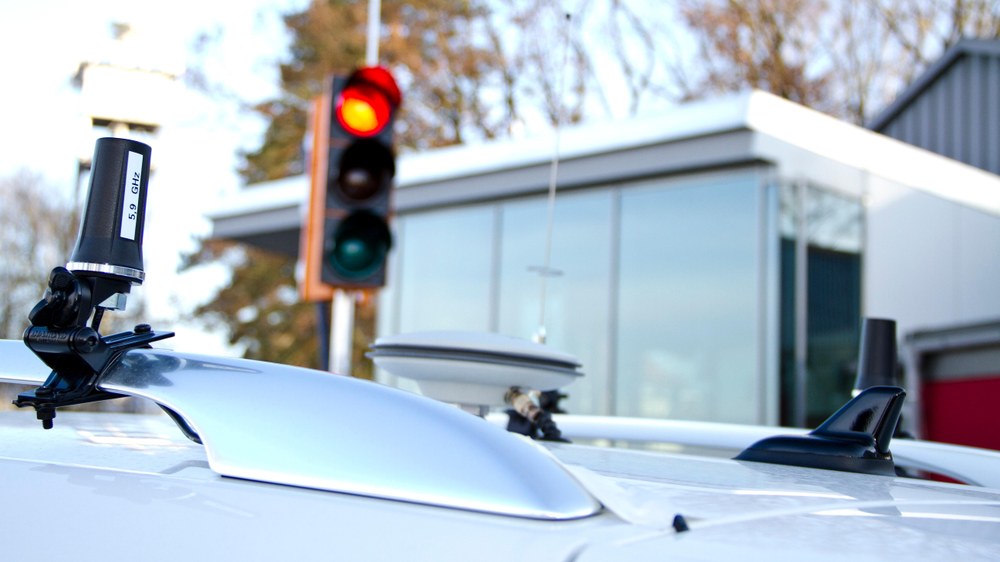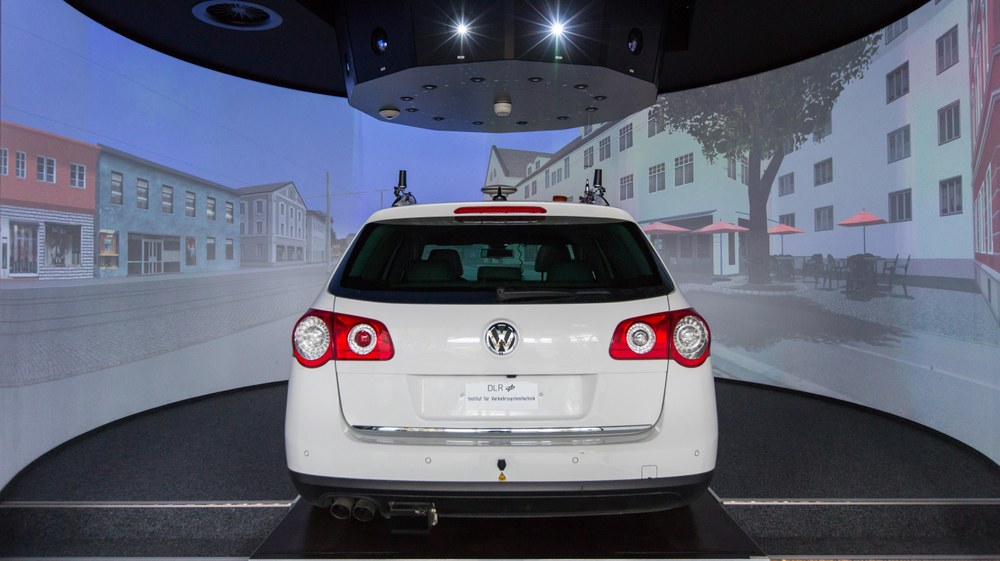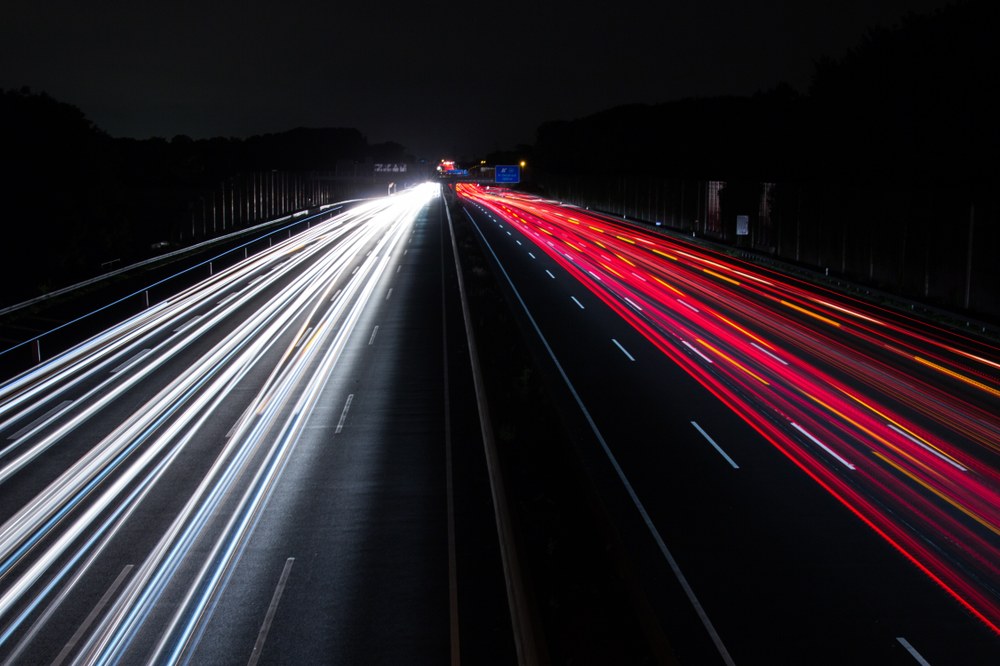Transport System


Mobility is a central feature of developed societies. The transportation of people and goods not only generates social participation and added value but also causes negative effects that need to be minimised. For this reason, DLR is researching the interrelationships between the development of transport and its impact in their different dimensions. This includes the analysis of user preferences and behaviour, the development of transport supply and demand, and the environmental impact of noise emissions, greenhouse gases and air pollutants.
In this process, DLR pays particular attention to developments in urban areas and to the interplay between different transport modes, including pedestrian and bicycle traffic. However, its research also focuses on the increasing automation and digitalisation of the transport system – along with the associated opportunities and risks – as well as the fundamental linking of the energy and transport systems for the development of sustainable mobility.
For the targeted development of intermodal transport, the efficient design of transfer processes and transhipment operations is a significant factor to which DLR is devoting increasing attention in its study of transport hubs, such as railway stations and seaports. For the economic evaluation of new technologies and political measures, along with their implications for transport, DLR is developing economic models and methods so that it can present the costs and benefits in a differentiated and reliable way.

